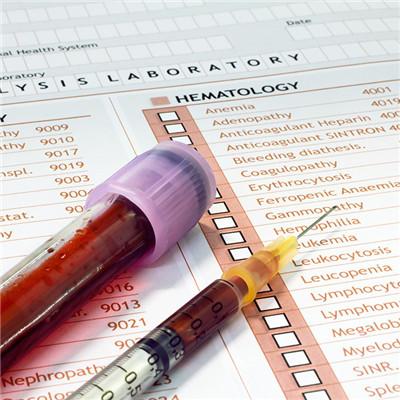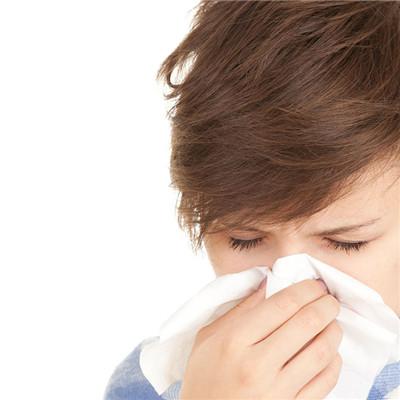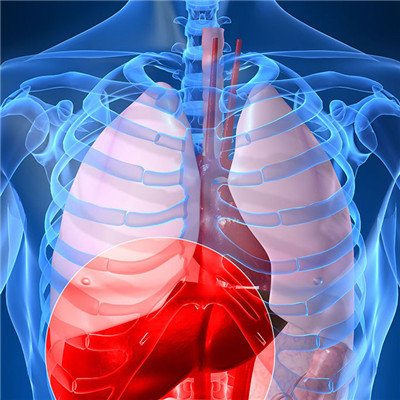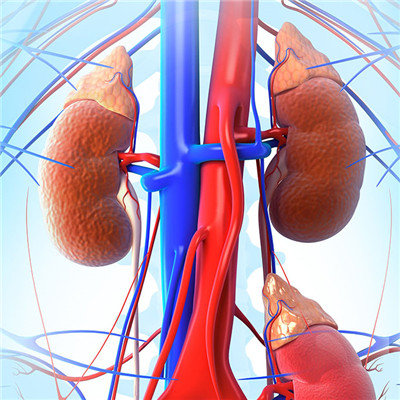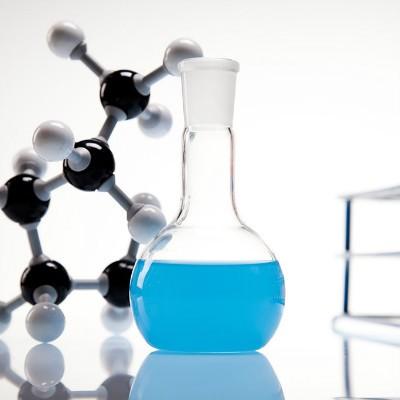How long does it take for cancer to have symptoms?
summary
The horror of cancer lies in the fact that the detection of cancer is advanced, so early detection of cancer is the most important! How to detect early cancer? Pay attention to some signs of cancer, do not let go of any clues. The so-called clues refer to some symptoms of the body, some more obvious, some less obvious. So how long does it take for cancer to have symptoms? Let's talk about it
How long does it take for cancer to have symptoms?
1. Unexplained persistent pain: watch out for liver cancer, pancreatic cancer, etc.: liver cancer is known as the "king of cancer", and more than half of the patients with liver cancer are in the middle and advanced stages when they are found. Most of the patients had no symptoms and signs in the early stage of liver cancer. Pain or discomfort in the right upper abdomen was the first symptom of liver cancer. Pancreatic cancer in the body and tail of the pancreas to a certain extent, there will be abdominal pain, upper abdominal fullness, weight loss and other symptoms.
2. Fever and fatigue of unknown cause: be alert to leukemia, etc.: leukemia is a malignant tumor of the blood system. It may have fever, fatigue, anemia, emaciation, muscle or bone pain and other discomfort of unknown cause. It may also have epistaxis, gingival bleeding, etc., and may be accompanied by enlargement of liver, spleen and lymph nodes. If the above phenomenon occurs, they should seek medical treatment as soon as possible.
3. Cough that can't be cured for a long time: watch out for lung cancer, laryngeal cancer, etc.: in most cases, cough is not a big deal, but if cough can't be cured for a long time, you should think about whether it is caused by cancer, because if cancer doesn't go away, cough will always exist, such as lung cancer or laryngeal cancer.
matters needing attention
Eliminate or reduce the factors that may cause cancer and prevent the occurrence of cancer. About 80% of cancers are related to environment and living habits. Improving living habits, such as quitting smoking, limiting drinking, diversifying food, eating less pickled food, controlling weight, exercising properly, paying attention to environmental protection, identifying carcinogens and cancer promoters in the environment, and strengthening occupational protection, are more important cancer prevention measures. In recent years, both immunoprophylaxis and chemoprophylaxis belong to primary prevention, such as mass vaccination of hepatitis B vaccine and chemoprophylaxis of colorectal adenoma with selective cyclooxygenase-2 (COX-2) inhibitors.

